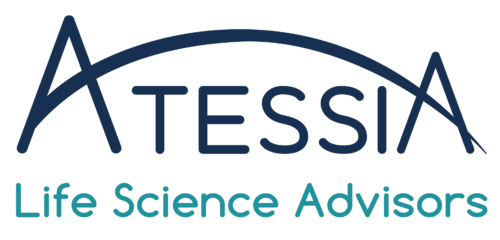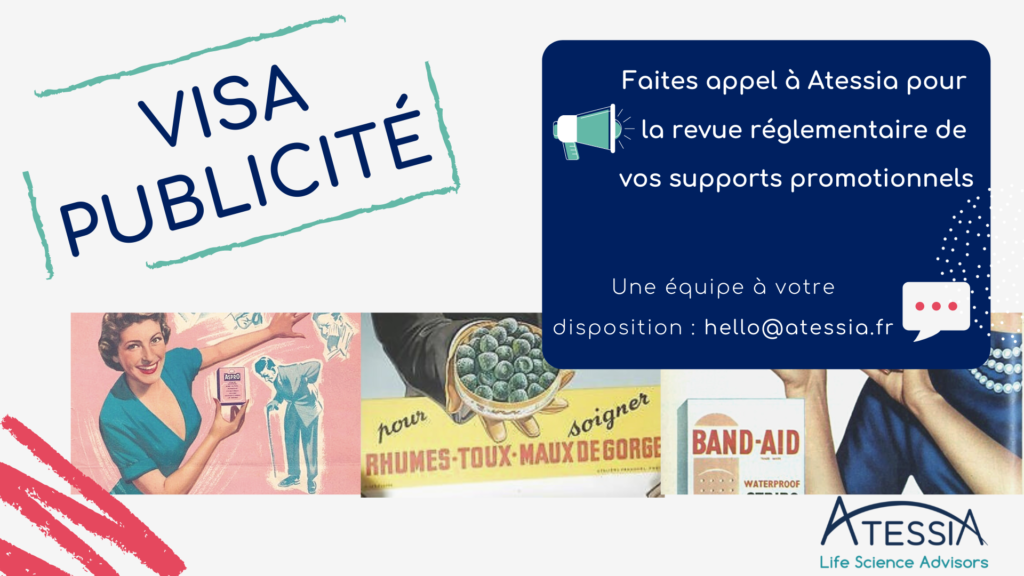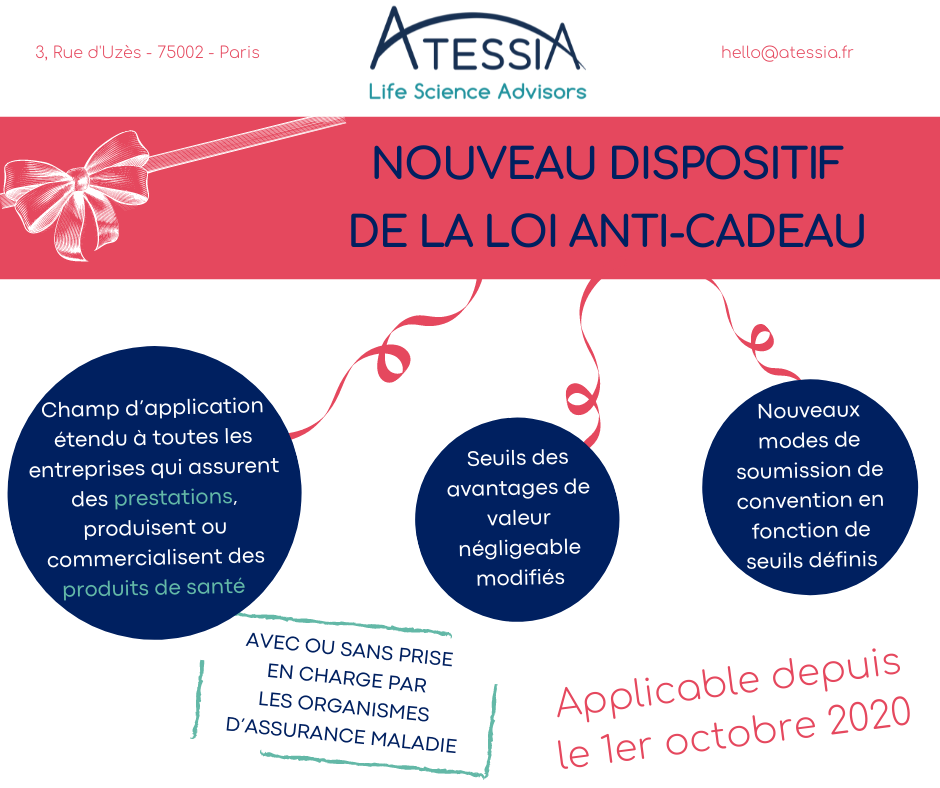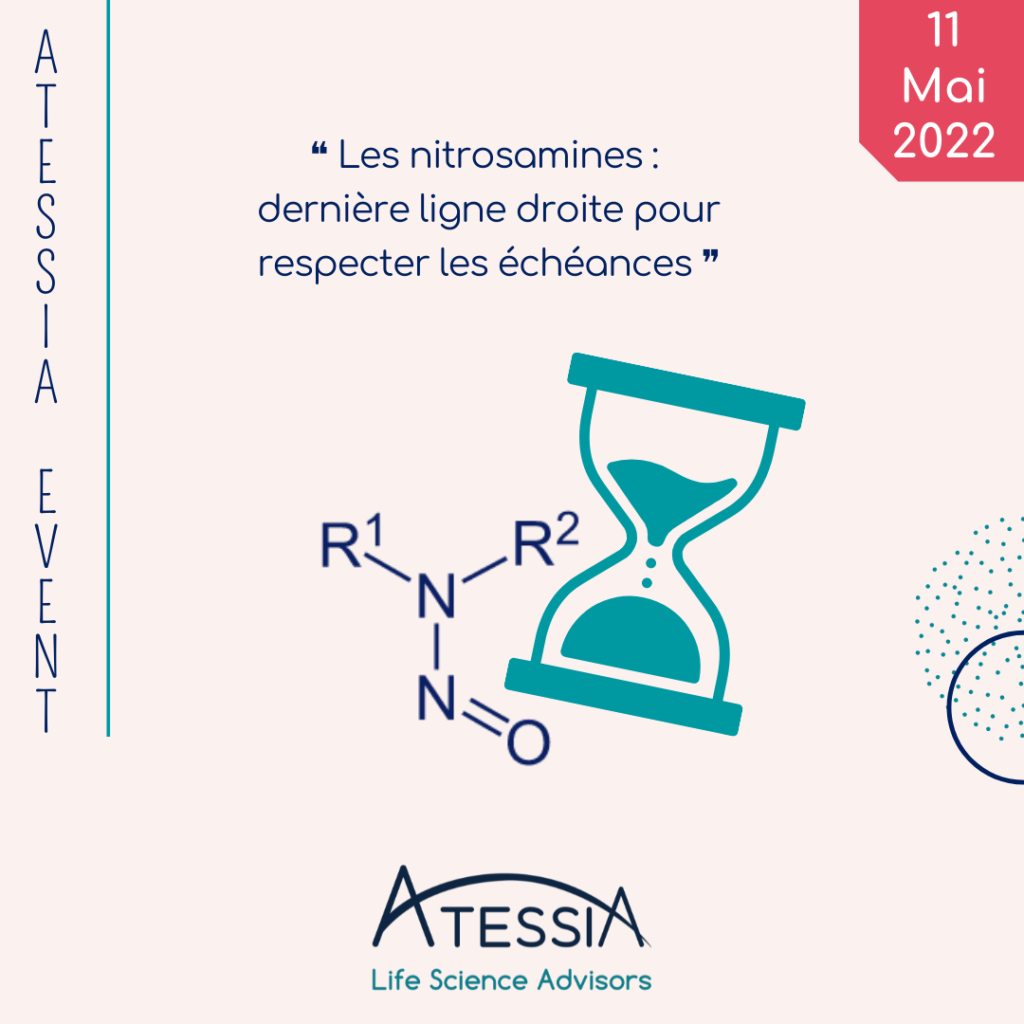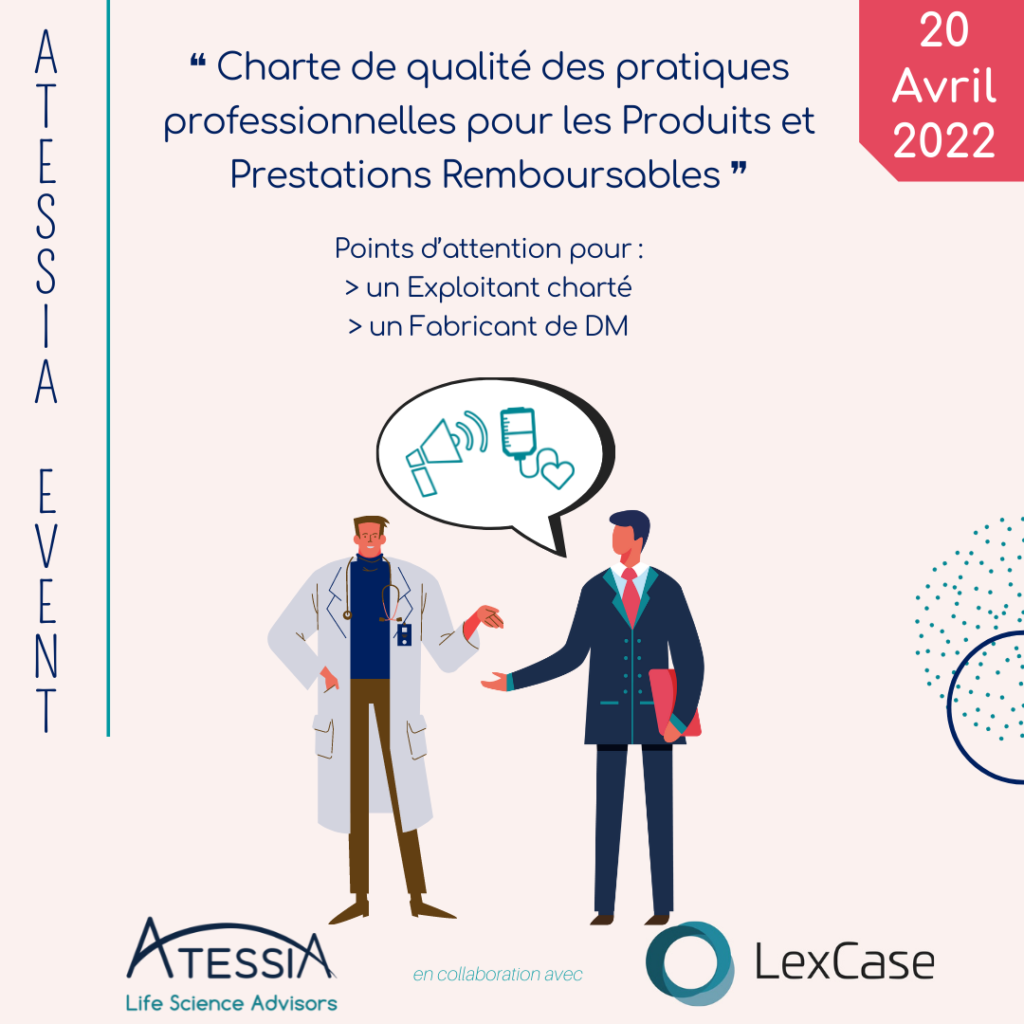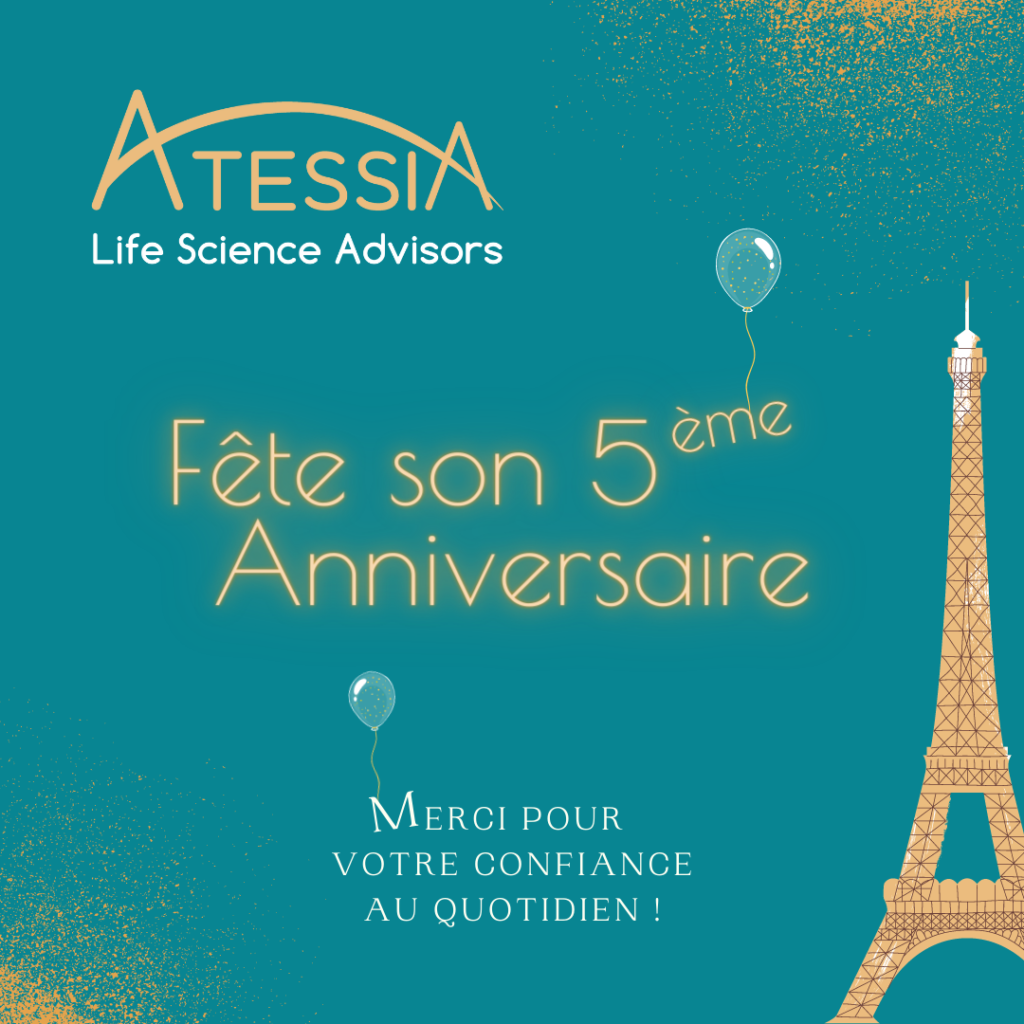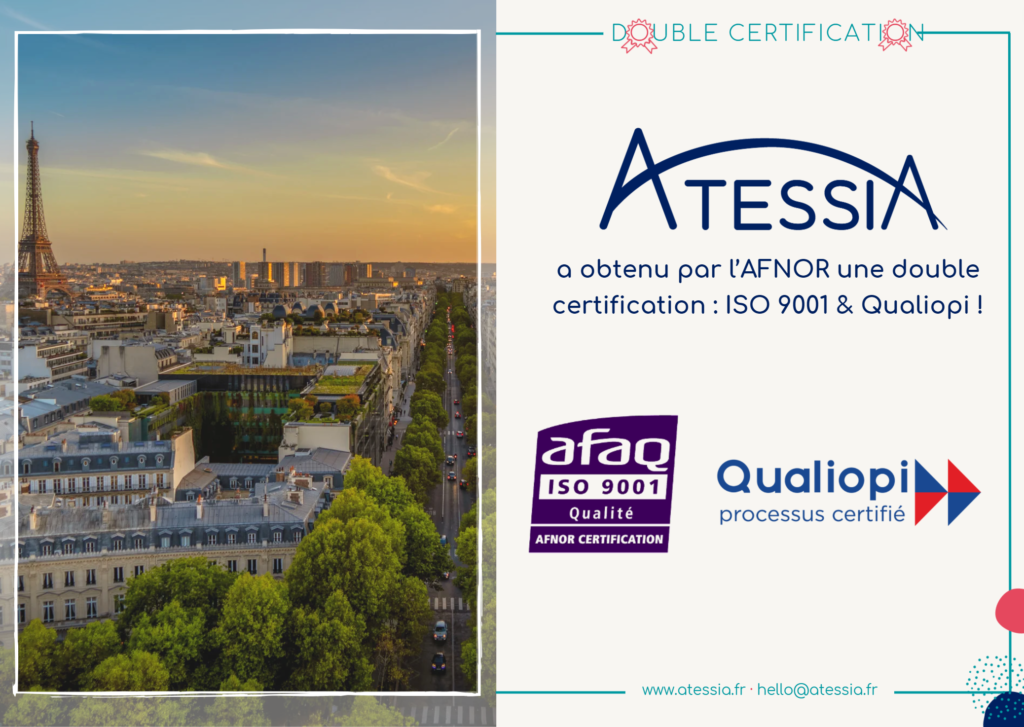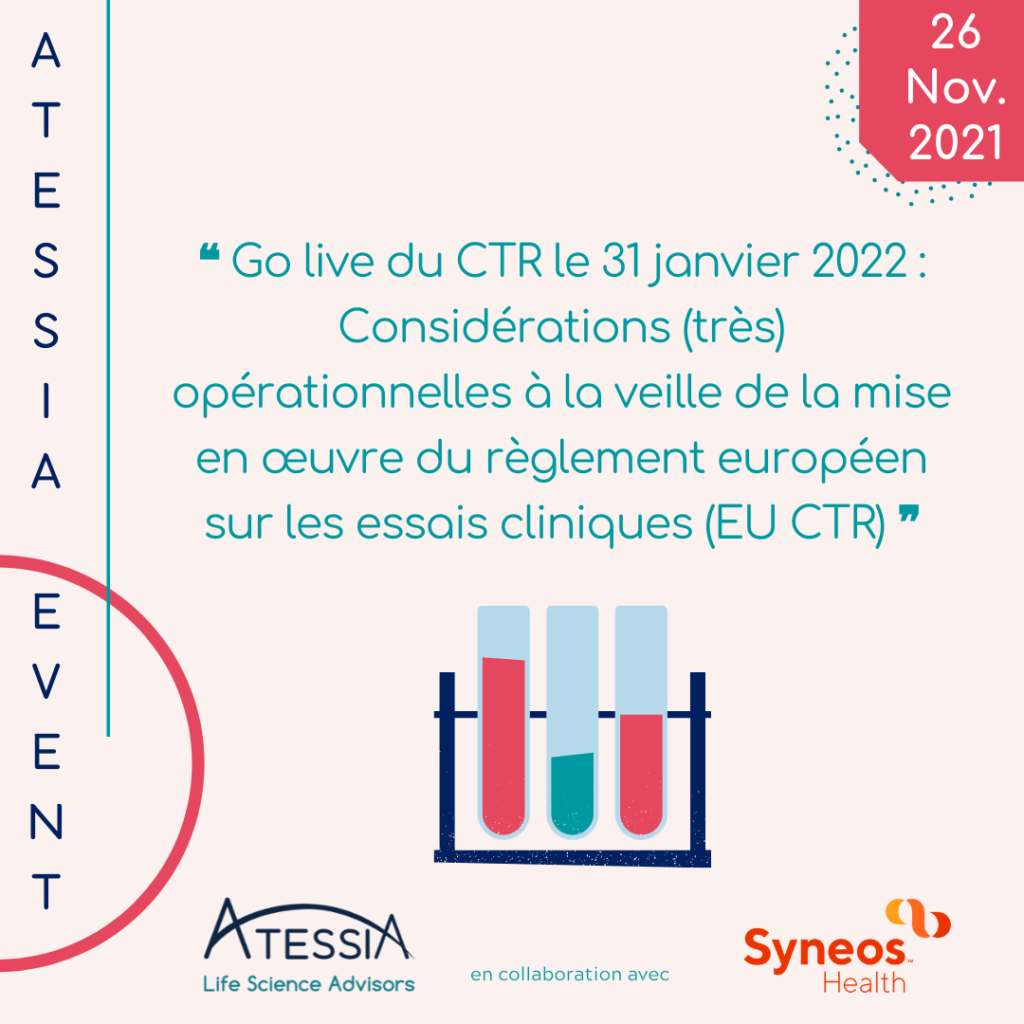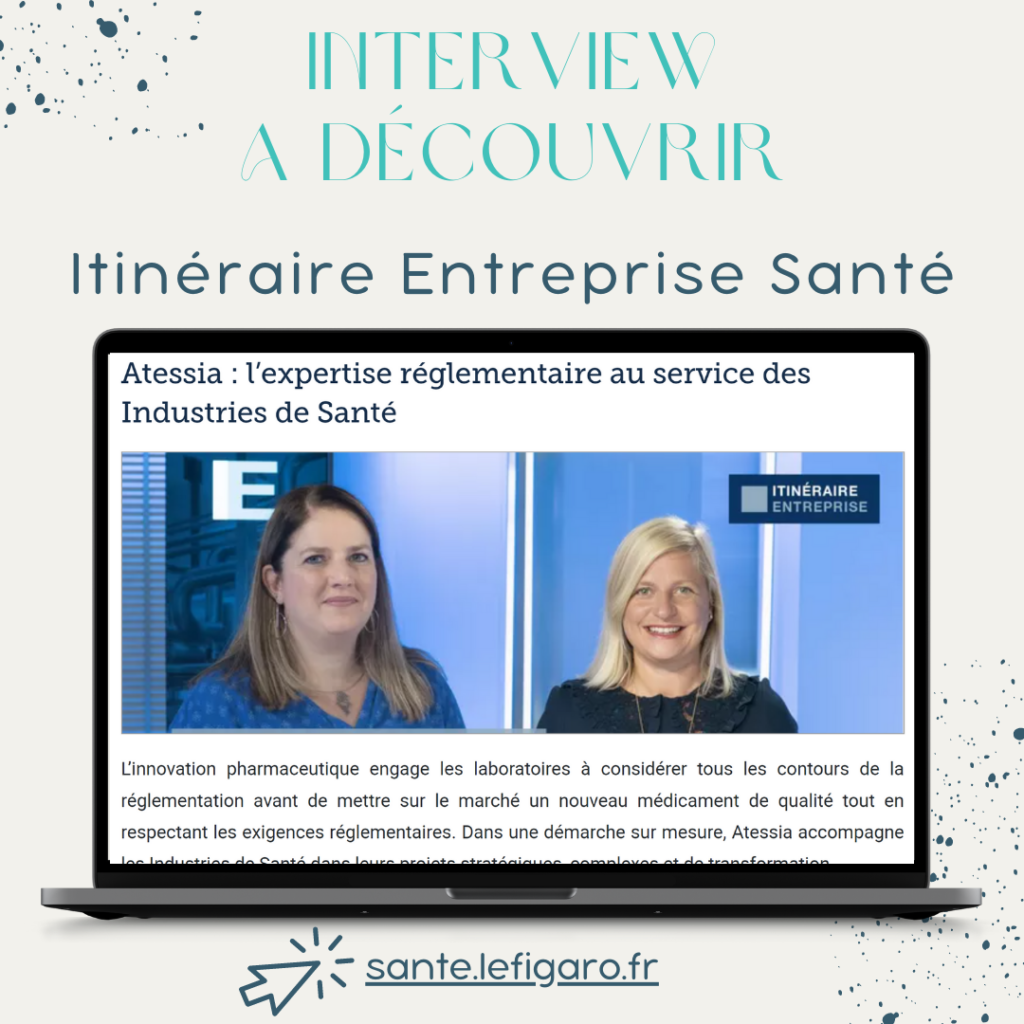Advertising for medicines: the keys to obtaining a visa in France
| French always do it different In many domains, French people like to stand out, either in a positive or negative way. In the Healthcare field, France has set a system that is highly effective, and very protective for the patient, but at the price of a heavy state involvement and of one of the most complex regulations. As a result, understanding the regulatory specificities of France is key for entering the French market. ATESSIA can help you in this process and provide you assistance and expertise. Here are a few areas where France follows its own, often complicated and restrictive, rules. |
Prior control of advertising
The control exercised by the French Health Authorities over advertising for medicinal products is probably one of the most demanding. Any advertising for a medicine is therefore subject to control and authorization by the ANSM*. Since 2012, this authorization system has been entirely based on an a priori process, i.e. the distribution of an advertisement can only start once the precious visa has been granted. In the absence of a visa, the distribution of an advertisement may lead to criminal and financial penalties.
Regarding the content of promotional documents, in application of the Public Health Code and taking into account the state of scientific and medical knowledge, the ANSM will ensure the security of the message which must not induce bad prescribing or a danger to the public. Vector of proper use, advertising must also present the medicine objectively, and ensure compliance with the standards in force such as the MA** and the therapeutic strategies recommended by the HAS***. Finally, so that health professionals can form a personal idea of the therapeutic value of the medicine, the ANSM checks that the target population and the benefit-risk ratio are clearly perceptible, in particular in the documents used by persons carrying out a promotional information activity. Many guidelines, which are mandatory in practice, have been drawn up by the authorities to help pharmaceutical firms in this delicate exercise.
Furthermore, advertising to the general public is only accessible for certain medicines:
– medicinal products not subject to compulsory medical prescription, non-reimbursable and not including in their marketing authorization a ban on advertising due to a risk to public health, in particular when the medicinal product is not suitable for use without medical supervision;
– certain vaccines on a list from the Ministry of Health;
– smoking cessation products.
It should also be noted that control of advertising is also exercised a priori for certain categories of medical devices presenting a significant risk to human health, the list of which is defined by a ministerial order.
An Immutable Authorization Schedule
But the real constraint lies in respecting the timetable governing this control, implying for pharmaceutical firms to anticipate and plan requests up to 6 months before the launch of a new medicine. Advertising is thus subject to strict filing periods (4 per year for documents for healthcare professionals, and 8 per year for advertisements targeting the general public), and files are processed by the authorities within a regulatory time limit of 2 months.
Outside of these periods called the deposit slot, it is forbidden to apply for a visa. Only medicinal products that have been subject to an advertising ban during a reassessment of the benefit/risk ratio can derogate from this principle, and be the subject of a visa application outside the determined periods.
At the end of the evaluation period, the request will result in the granting of a prior authorization called the GP visa for advertising aimed at the public and the PM visa for advertising aimed at healthcare professionals, for a duration of 2 years. However, in the event of breaches of the requirement criteria on the content or presentation of the communication tool, the ANSM may issue a refusal. The applicant will then have no choice but to make a new request during the next slot. Each year, out of the 10,000 visa applications processed by the ANSM, around 10% are rejected in this way, and around two thirds of GP visas are modified before they are issued.
The dematerialization of applying
Accelerated by the COVID-19 health crisis, the ANSM has implemented the dematerialization of visa applications via the national platform demarches-simplifiées.fr. The ANSM is thus temporarily opening a specific form for each filing period, and requests sent in paper format must now be exceptional. The applicant must then complete by scrupulously following the notice made available to users of the platform, by attaching a receipt of €510 previously issued after payment to the tax authorities.
Article written by Gismonde PLAN, Senior Regulatory Affairs Advisor
* ANSM : Agence Nationale de Sécurité du Médicament et des produits de santé (ANSM is the French Authority in charge of assessing and surveying pharmaceutical products)
** MA : Marketing Authorization
*** HAS : Haute Autorité de Santé (HAS is taked for the French Government with the evaluating of health products from a medical and economic perspective and recommending best practices)
